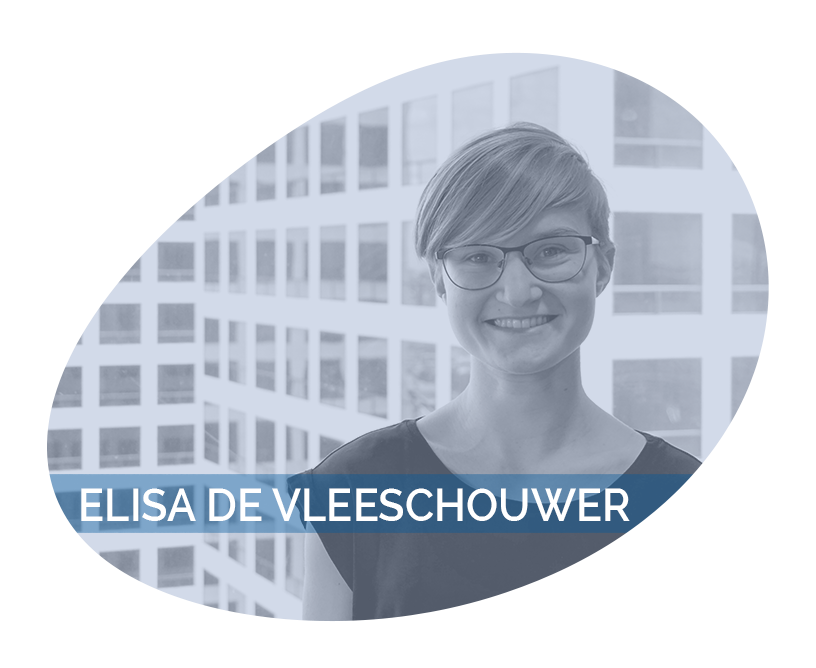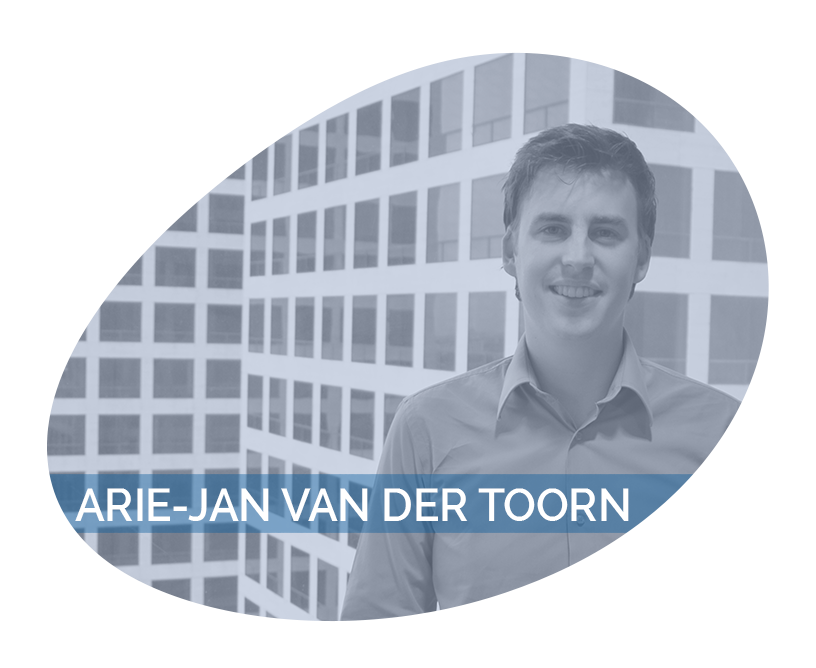Labour market patterns of people working with a job coach
Labour market patterns of people working with a job coach
Between 2013 and 2018, around 25.000 people in The Netherlands started a job in which they received support from a job coach from UWV (the Dutch employee insurance agency). The goal of job coaching is to enable people with an occupational disability to build more stable working lives. The intention is that the employee, if possible, will be able to work (more) independently.
Until now, little is known about the performance of these people on the labour market and about the effectiveness of job coaching. Hence, UWV and the Dutch Ministry of Social Affairs and Employment have asked research organization SEOR to investigate this. This study is part of a joint research program of UWV and the Ministry of Social Affairs and Employment, focusing on the effectiveness of the provision of services to people with an occupational disability.
The research shows that more than half of the people who received guidance from a job coach still work (or work again) after three years. A small majority of them no longer need a job coach. If people manage to stay in work, their real wage increases over time, but the number of hours worked does not. The proportion of permanent contracts is also increasing, but most people continue to rely on a temporary contract.
The report (in Dutch) includes an English summary.
Download
Details
Expertise
Labour
Contact
ABOUT SEOR
SEOR is an independent social economic research organisation linked to the Erasmus School of Economics and provides research and advisory services to both public and private sector clients worldwide.
CONTACT
- Address:
- Rotterdam Science Tower
Marconistraat 16, 11th floor
3029 AK Rotterdam - Telephone:
- +31 (0)10 302 0500
- Email:
- seor-secr@seor.eur.nl
NEWSLETTER
Subscribe to our newsletter by filling in this form:




